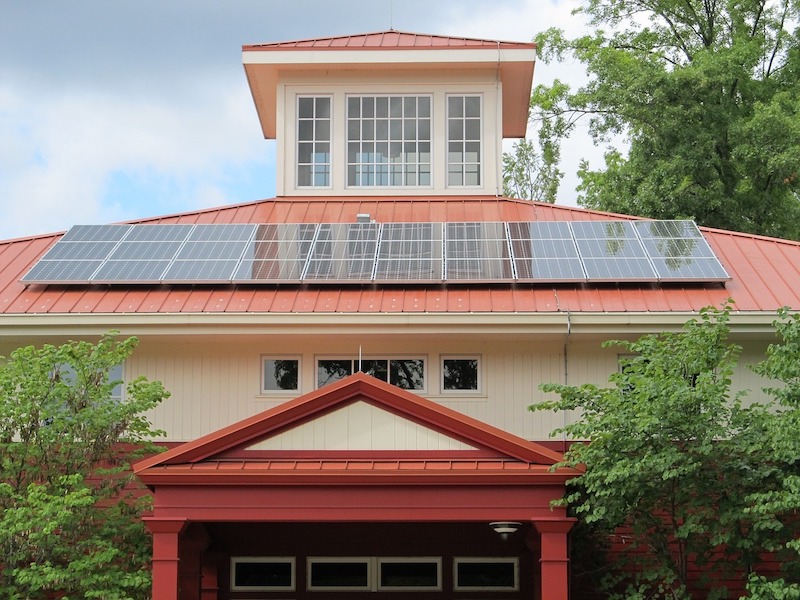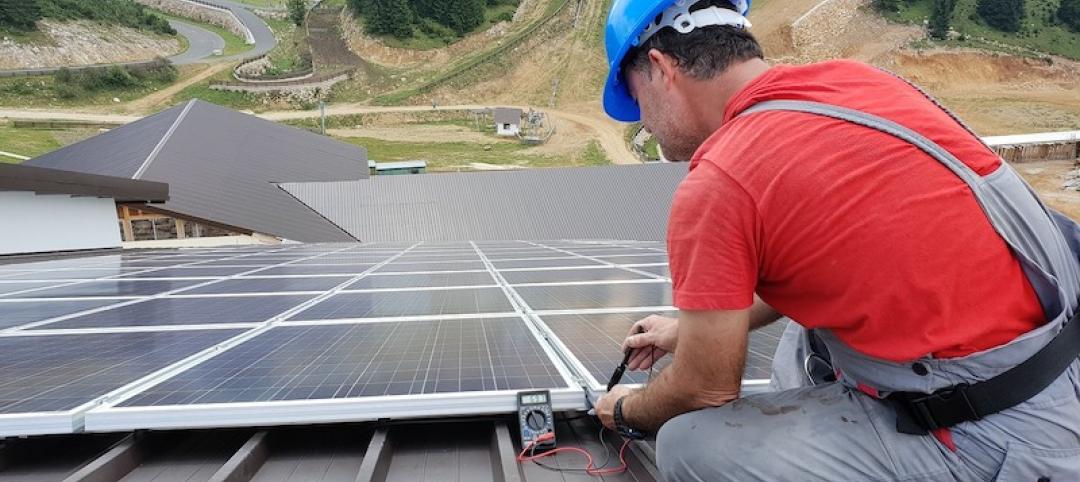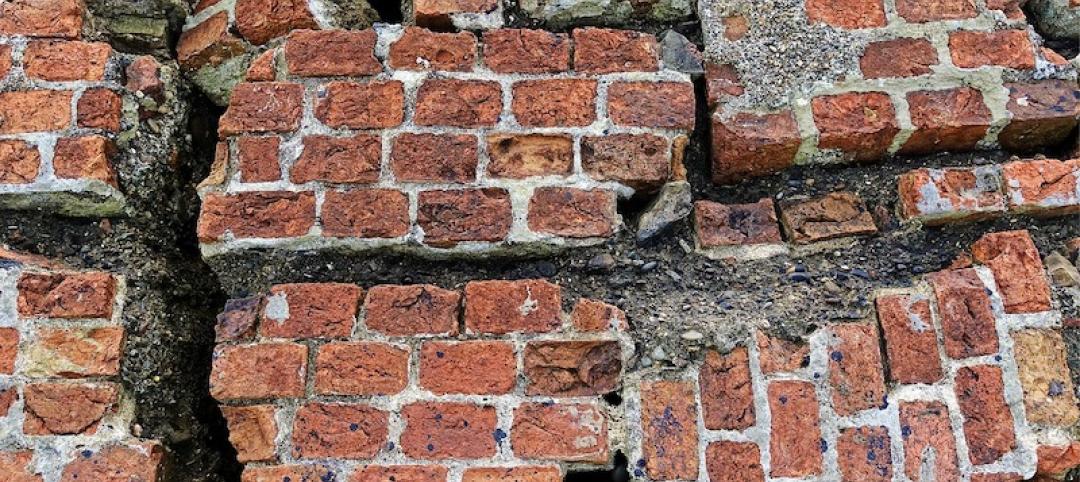The U.S. Department of Commerce tentatively agreed to assess tariffs of up to 35% on solar equipment, a move that could slow the rapid growth of the domestic solar power industry. SolarWorld, a German company with a U.S. base is in Oregon, requested the tariffs, claiming China unfairly subsidizes its solar manufacturers.
Solar panel installers, on the other hand, are opposed to tariffs. These companies have boomed as panel prices have fallen 70 percent since the start of 2010. Tariffs, they say, will make solar power less affordable.
SolarWorld made a similar complaint to U.S. trade officials in 2011. The next year, the Commerce Department imposed duties averaging 31% on Chinese solar cells. Many Chinese companies responded by taking cells made in other countries, assembling them into panels in China, and shipping them to the U.S. to sidestep the tariffs.
Many solar power industry insiders are holding out hope that SolarWorld and the Chinese can work out a settlement.
(http://www.sfgate.com/business/article/Tariffs-could-dim-solar-energy-s-rapid-growth-5538030.php)
Related Stories
Codes and Standards | Mar 23, 2020
Contractors should scrutinize contracts carefully amid Covid-19 crisis
Compliance with time-sensitive notice requirements and careful documentation required.
Codes and Standards | Mar 23, 2020
Florida legislature passes bill to reduce retainage on state and local projects
House and Senate vote is nearly unanimous; law would go into effect Oct. 1.
Codes and Standards | Mar 20, 2020
Feds prod use of eminent domain to force people out of flood-prone homes
Local officials that don’t comply could lose federal money to combat climate change.
Codes and Standards | Mar 19, 2020
ASHRAE provides COVID-19 resources for operating, maintaining HVAC systems
Includes recently approved position document on Airborne Infectious Diseases.
Codes and Standards | Mar 19, 2020
CaGBC launches new version of its Zero Carbon Building Standard
Version 2 draws on lessons from more than 20 zero carbon projects.
Codes and Standards | Mar 16, 2020
Concrete industry reduces carbon footprint by 13% over five years
Result mostly due to more efficient use of Portland cement.
Resiliency | Mar 13, 2020
Feds push use of eminent domain to force people out of flood-prone homes
Local officials that don’t comply could lose federal money to combat climate change.
Codes and Standards | Mar 12, 2020
Design guide for sloped glazing and skylights updated for first time in 30 years
Helps with choosing proper glass for non-residential applications.
Codes and Standards | Mar 11, 2020
Two tree species native to the Northeast found suitable for CLT
Eastern white pine and eastern hemlock pass strength testing.
Codes and Standards | Mar 10, 2020
Prescient receives ICC certification for seismic resilience system
Technology suitable for buildings up to 12 stories in earthquake-prone areas.

















